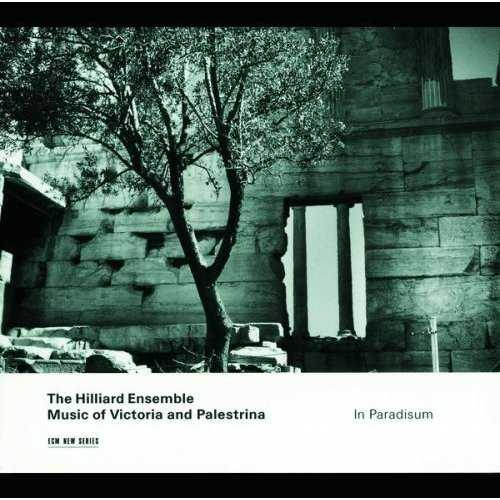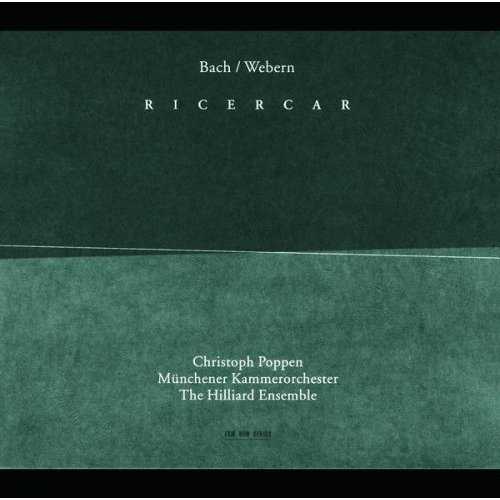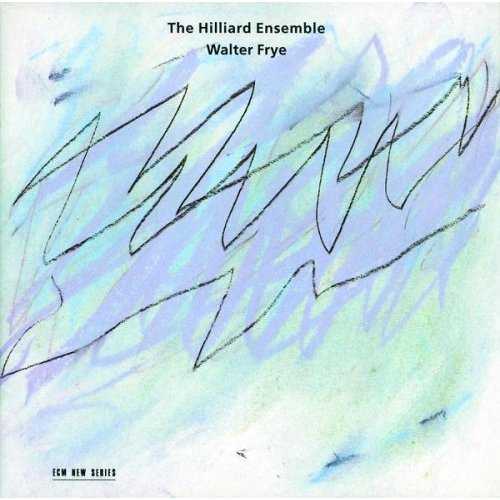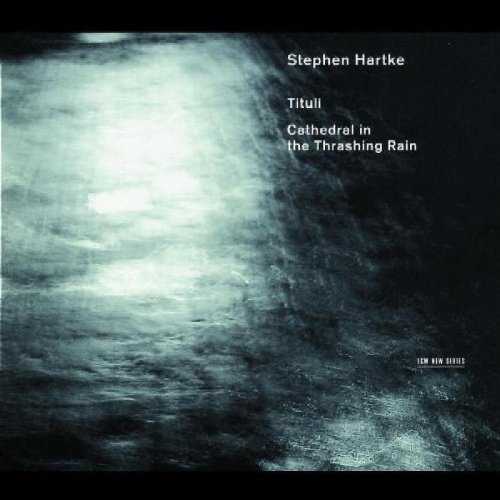
Audio CD
Number of Discs: 1
Format: APE (image+cue)
Label: Ecm Records
Size: 263 MB
Recovery: +3%
Scan: yes
01. Officium defunctorum (1605) – Taedet Animam Meam
02. Introitus
03. Kyrie
04. Domine Quando Veneris
05. Graduale
06. Officium defunctorum 1592 – Libera me Domine
07. Tractus
08. Ad Dominum Cum Tribularer Clamavi
09. Sequentia – Dies Irae
10. Offertorium
11. Officium defunctorum 1592 – Peccantem me quotidie
12. Sanctus – Benedictus
13. Heu Mihi Domine
14. Agnus Dei
15. Communio
16. Libera Me Domine
One of the finest of all recordings by the Hilliard Ensemble
Of the many recordings by the Hilliard Ensemble few that I recall have been as deeply memorable as this one. Usually I must confess to preferring other composers of the Renaissance but when Palestrina is played like he is here resistance becomes futile. Of course the Victoria sounds wonderful too but it is the Palestrina here that really got under my skin. In fact I can scarcely think of any recordings of music by Palestrina that I have found as deeply affecting and memorable as the motets recorded here. The whole recording is conceived as a liturgical reconstruction of an Office for the Dead with chant sections from the Graduale Romanum from Toul in France being used as an example of typical post-Council of Trent reforms.
The coverslip notes are also very good and thorough. The majority of it is written authoritatively in English although there is an untranslated section in German. The German notes by Uwe Schweikert, entitled ‘Listen with the Ears of the Heart’, is basically a history of the origins of the Requiem Mass from early Romanesque origins through Ockeghem and all the way onwards to Mozart and Verdi. I must say the description of the Latin Requiem as once having been a musical ‘Gesamtkunstwerk’ (sic) is a bit over-the-top! Schweikert concludes with a brief background to the musical careers of Palestrina and Victoria. The description of Palestrina is however particularly memorable: “The principle of this style is the minutely woven, extremely discreet compositional calculation on all levels of the musical structure.” Victoria is characterised as a typical Spanish Counter-Reformation mystic. I like the point that in the post-Council of Trent period of reformation, both composers make full use of “expressive, highly melismatically formed Gregorian chant melodies” which “tie the score of Palestrina and Victoria together”. So if you don’t read German that’s basically what the text says – thank goodness the English and German notes don’t contradict each other. Don’t laugh – this is exactly what happens on a Deutsche Gramophon issue I own.
For some reason published reviews of this recording are scant and how it managed to slip through almost unnoticed without winning any deserved awards is beyond me but David Vernier somehow managed to get a copy for review on Classicstoday online. His conclusions were:
“The Hilliards once again have proven that as interpreters of early vocal music, they are uniquely qualified. This is communication on the highest level, both among the group members and with an ever appreciative and satisfied audience.”
He gave it a 10/10 rating for performance/recording with the comment that “you will hear music and singing that’s as close to the disc’s title, In Paradisum, as you will get on earth”.
The excellent recorded sound coupled with some of the finest Palestrina and Victoria I have ever heard combine for an unforgettable recording that every lover of Renaissance polyphony will want to hear.




I agree with both of you–link is still working! This music is beautiful, and is probably the closest I will ever get to having an apotheosis without LSD. I get spiritual shivers when I listen. Thanks for this music!
I agree entirely! :cool:
Just wanted to say once again that this site is amazing.